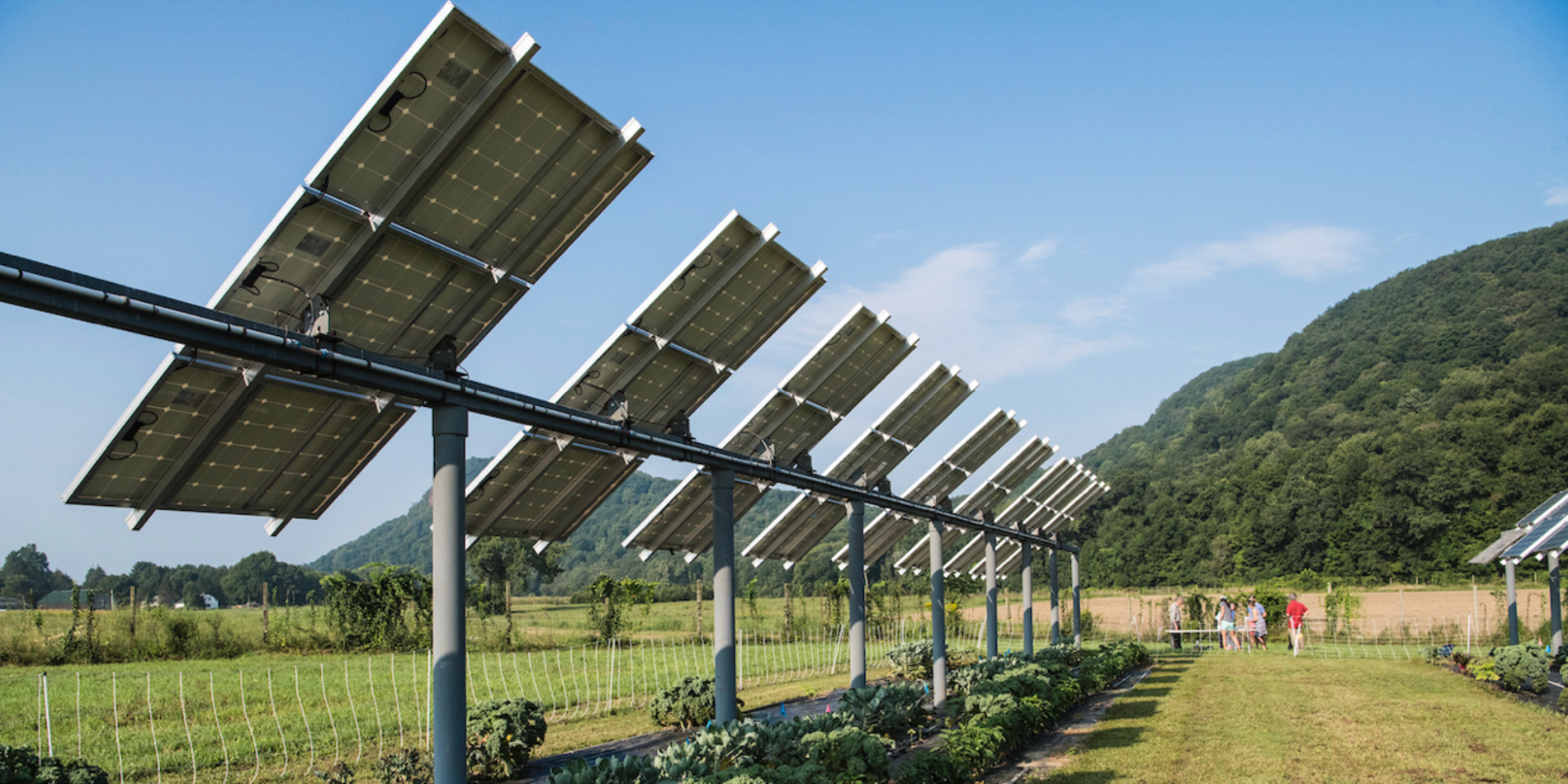2019 TomKat Center Postdoctoral Fellows Announced
Stanford’s energy research community will soon welcome four new exceptional researchers as TomKat Center Postdoctoral Fellows in Sustainable Energy. This global competition awards two years of funding to support early-career researchers working on sustainable energy and its intersection with food, water, transportation, human health, and the environment.
These fellows were selected based on their academic and research excellence along with their potential to inform and advance solutions on critical sustainable energy challenges. Professor Matthew Kanan, co-director with Professor Jennifer Dionne of the TomKat Center for Sustainable Energy, in making the award announcements said, “We are excited to fund this diverse group of researchers in four Stanford faculty labs. They are working to design advanced nanomaterials for energy conversion, develop better models to optimize energy efficiency in urban planning, and improve the communication of scientific research about climate change.”
Dionne also shared her enthusiasm about the cohort, “These outstanding early-stage researchers will help proliferate sustainable energy solutions with their creative, cutting-edge research. The TomKat Center is delighted to support them and foster their growth as leading energy scientists.”

Wen-Hui (Sophia) Cheng (Caltech)
mentored by Prof. Jen Dionne, Materials Science Engineering
Coupling Dielectric Nanophotonic Mode with Surface Plasmon to Facilitate Photoelectrochemical Reaction for Energy Application

Juyoung Leem (University of Illinois, Urbana Champagne)
mentored by Prof. Xiaolin Zheng, Mechanical Engineering
Plasmonically-enhanced Hydrogen Evolution at 2D Materials

Jared McDonald (University of Maryland)
mentored by Prof. Jon Krosnick, Communications
Combatting Misinformation and Correcting Misperceptions on Climate Change

Marco Miotti (MIT)
mentored by Prof. Rishee Jain, Civil & Environmental Engineering
A Coupled Urban Mobility and Building Energy Model to Inform Emission Reduction Strategies of Cities



